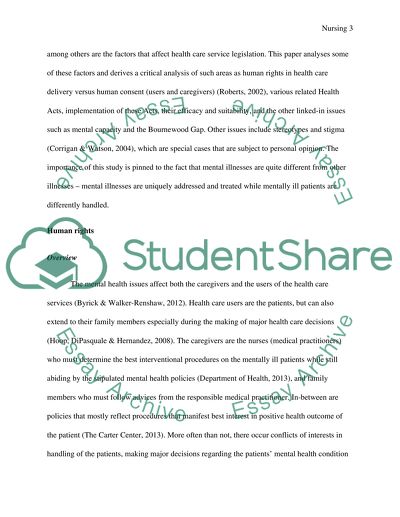Cite this document
(“Human Rights and Mental Health Care Policies: Caregivers and Users Essay”, n.d.)
Human Rights and Mental Health Care Policies: Caregivers and Users Essay. Retrieved from https://studentshare.org/nursing/1475766-human-rights-and-mental-health-care-policies-caregivers-and-users
Human Rights and Mental Health Care Policies: Caregivers and Users Essay. Retrieved from https://studentshare.org/nursing/1475766-human-rights-and-mental-health-care-policies-caregivers-and-users
(Human Rights and Mental Health Care Policies: Caregivers and Users Essay)
Human Rights and Mental Health Care Policies: Caregivers and Users Essay. https://studentshare.org/nursing/1475766-human-rights-and-mental-health-care-policies-caregivers-and-users.
Human Rights and Mental Health Care Policies: Caregivers and Users Essay. https://studentshare.org/nursing/1475766-human-rights-and-mental-health-care-policies-caregivers-and-users.
“Human Rights and Mental Health Care Policies: Caregivers and Users Essay”, n.d. https://studentshare.org/nursing/1475766-human-rights-and-mental-health-care-policies-caregivers-and-users.


